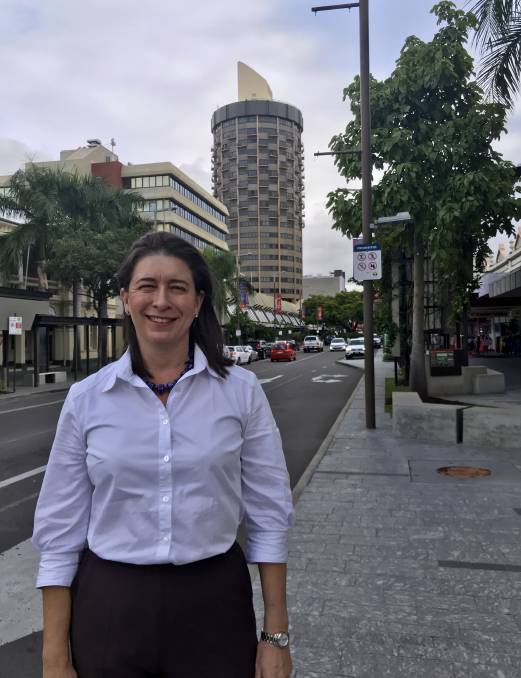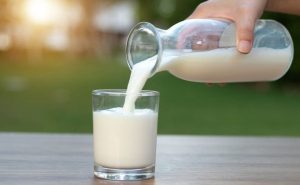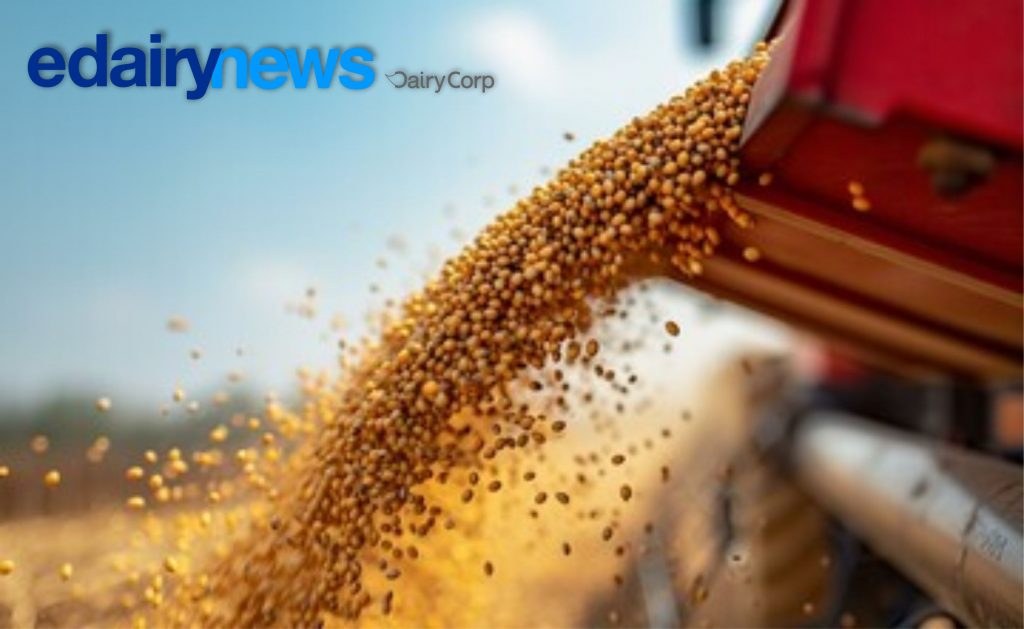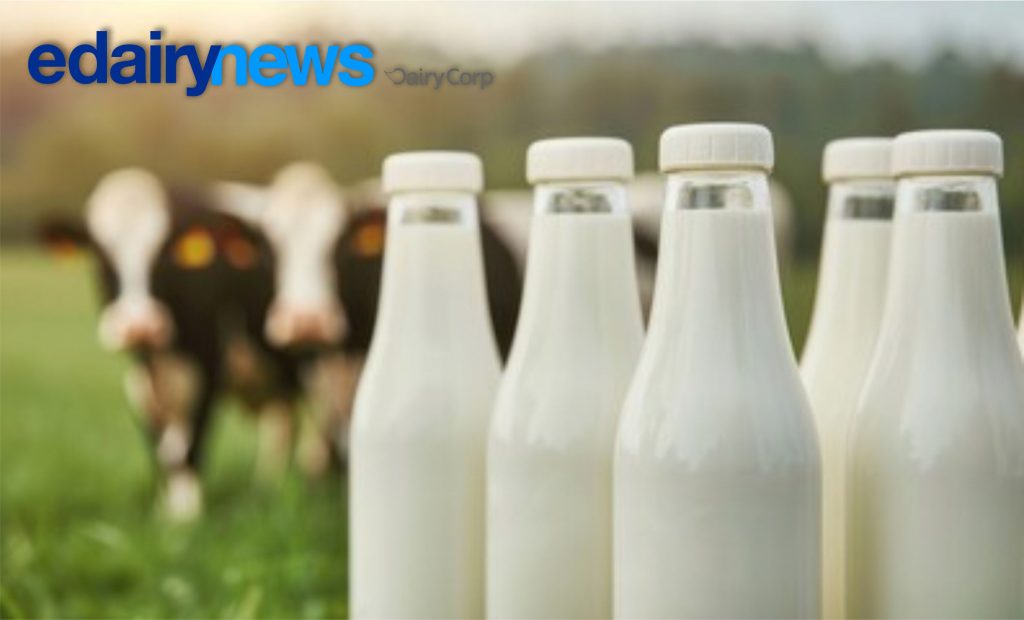The Coalition government has announced the historic inquiry by the Australian Competition and Consumer Commission into the domestic fresh food and dairy supply chain, from the farmgate to supermarket shelves, to ensure fair treatment for primary producers.
Senator McDonald said she had spoken privately to dozens of producers – including dairy, pork, herbs and poultry – who claimed they were bullied by supermarket chains and their agents into accepting unfair contracts.
“These producers thought they’d hit the jackpot when first signing up to supply supermarkets, and they invested to expand their operations,” she said.
“But in subsequent contract negotiations, I have been told they were offered new terms including supplying more produce for the same money, or even less money while the retail price was unchanged.
“After investing in expansion, they had to accept the new terms in order to service debts, mainly because the market has few buyers and there is no affordable avenue for appeal.
“To make things worse, these people were too worried about losing their contracts to speak out, so this behaviour by the supermarkets has been allowed to run unchecked.
“Every day, supermarkets virtue signal about how ethical they are by selling dolphin-free tuna, Fair Trade coffee and RSPCA-approved chickens, but when it comes to treating Australian farmers ethically, they show a commercial cold-heartedness that drives out farming families.”
Senator McDonald said the inquiry would allow witnesses to give evidence confidentially.
“This means farmers can provide evidence of harmful practices without the fear of punishment and retribution by the major supermarkets,” she said.
“Importantly, this inquiry will also examine whether the new Dairy Code should also be extended across the entire domestic supply chain to include retailers.
“This inquiry is in response to long-held concerns about bargaining imbalances that currently exist and the misuse, and in some cases the abuse, of this power by some sections of the fresh food supply chain.
“Our farmers take considerable risks around seasons, prices and labour availability, and work incredibly hard to grow the fresh and affordable food we all take for granted.
“But there are concerns that once farm produce is harvested or processed and sent off to market, its short shelf life means producers have little bargaining power and are at the mercy of the powerful processors and supermarkets when it comes to the price they are paid.
“Unfortunately, not all interactions between farmers and commercial buyers are conducted fairly and in good faith and there are bargaining imbalances and other serious issues that need to be examined.
“I strongly encourage local farmers and agribusinesses to take this opportunity, while it’s available, and contribute to this important inquiry. We want to ensure we have the right policies in place – but to do that, we need industry to speak up and tell us what’s really going on.”
She said the inquiry was not designed to regulate food prices but would identify problems and recommend policy options – including a possible all-encompassing Agricultural Code – if appropriate.
The ACCC will start its inquiry on Monday, August 31 and will report to the government by November 30.
Visit https://www.accc.gov.au/focus-areas/agriculture/perishable-agricultural-products-and-dairy-industry-code-inquiry for more information.













